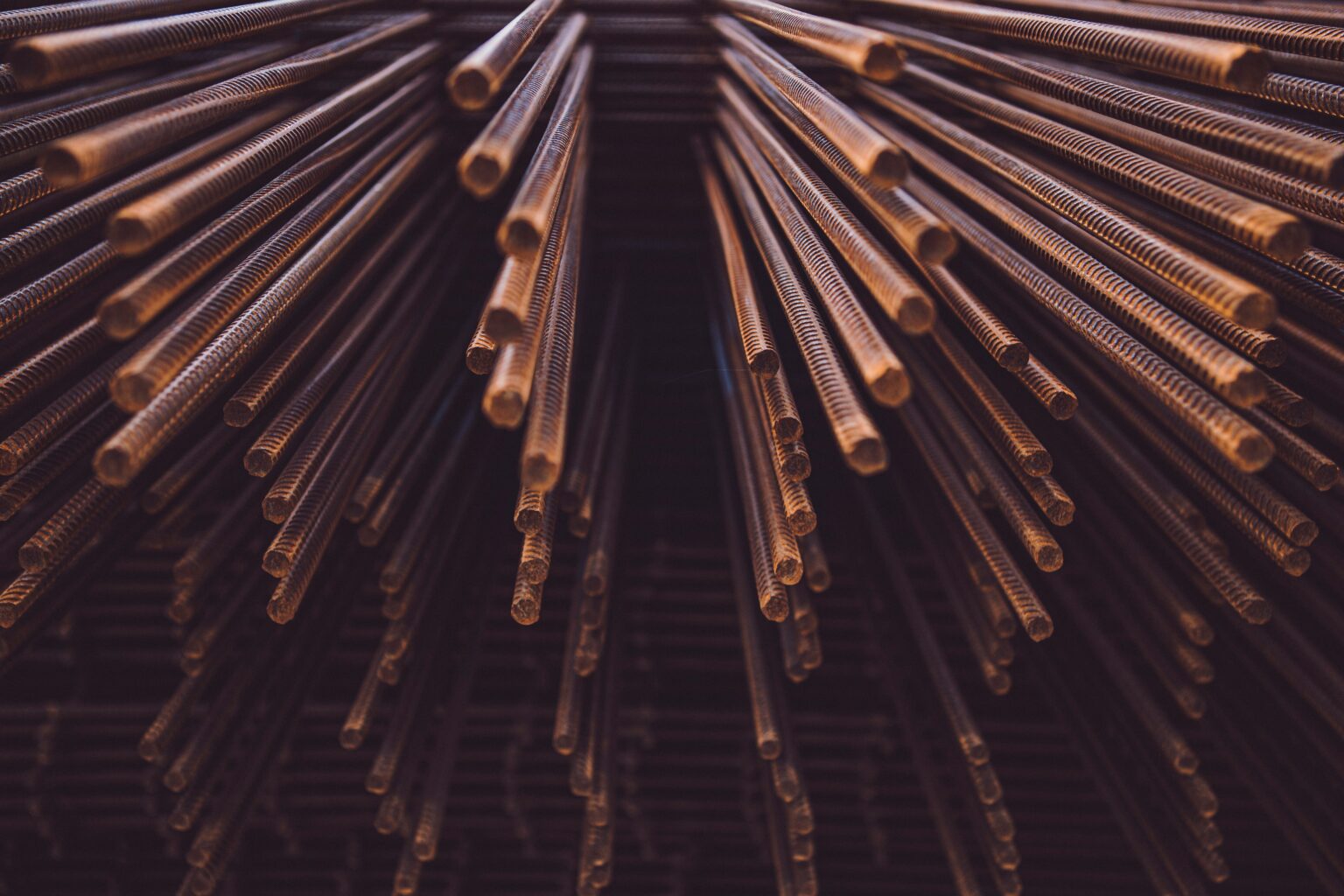POSCO, South Korea’s leading steelmaker, is embarking on a journey with its hydrogen reduction steel technology. After 50 years of growth, the company is gearing up for the next 50 years by committing to commercialize its HyREX technology by 2030 and transform its key steel plants in Pohang and Gwangyang entirely to this new steelmaking process by 2050.
POSCO’s HyREX technology is at the heart of this ambitious plan. Developed based on the company’s unique FINEX fluidized reactor, HyREX is set to revolutionize steel production. The FINEX reactor allows for the direct use of inexpensive, powdery iron ore and bituminous coal, eliminating the need for preliminary treatment of raw materials. Having first commercialized FINEX in 2007, POSCO is leveraging its expertise to propel hydrogen reduction steelmaking into the spotlight.
The company’s roadmap involves the installation of the HyREX 1 method at the Pohang Works in 2033, marking a pivotal shift away from conventional blast furnace methods. By 2050, both Pohang and Gwangyang Works are slated to be equipped with six hydrogen reduction steel production systems, signifying a complete transition.
POSCO is on an accelerated track for the commercialization of HyREX technology. A strategic partnership with British plant builder Primetals, which contributed to the development of the FINEX facility, was formalized in July last year. The two entities are collaborating on the design of a tentative HyREX facility, scheduled for construction in 2026. This test facility aims to validate the commercial viability of the technology, with the overall commercialization targeted for completion by 2030.
The HyREX initiative aligns seamlessly with POSCO’s broader vision, encapsulated in the slogan “Better World with Green Steel.” This vision encompasses environmental innovation, economic sustainability, and social progress. The company is set to achieve a global crude steel production capacity of 52 million tons by 2030, underlining its commitment to green practices.
POSCO’s commitment extends beyond the borders of South Korea. The company is actively pursuing eco-friendly commercial production systems globally. Plans include doubling overseas crude steel production capacity to over 10 million tons by 2030, solidifying its position as a global steelmaker.
In Indonesia, a comprehensive automotive steel production line is in the works, centered around Krakatau POSCO, with an aim to secure market leadership in Southeast Asia. Meanwhile, in India, POSCO is pioneering a low-carbon production base, reinforcing its dedication to environmental responsibility.
